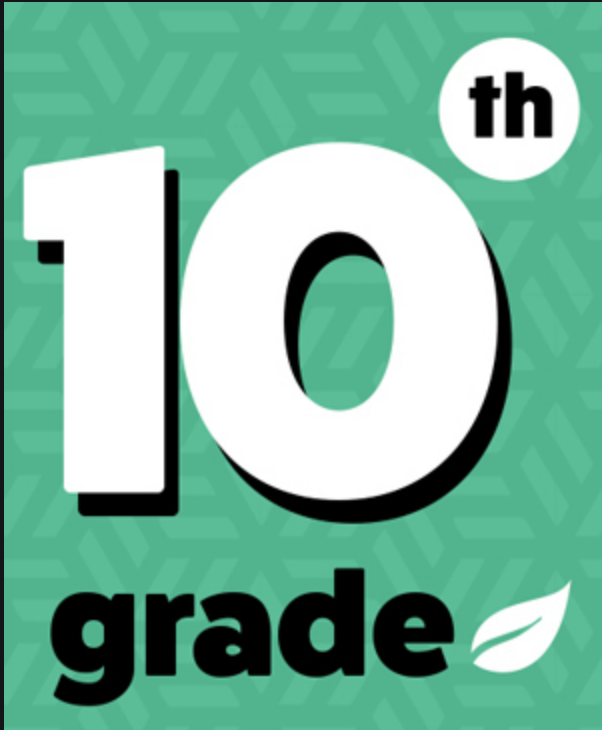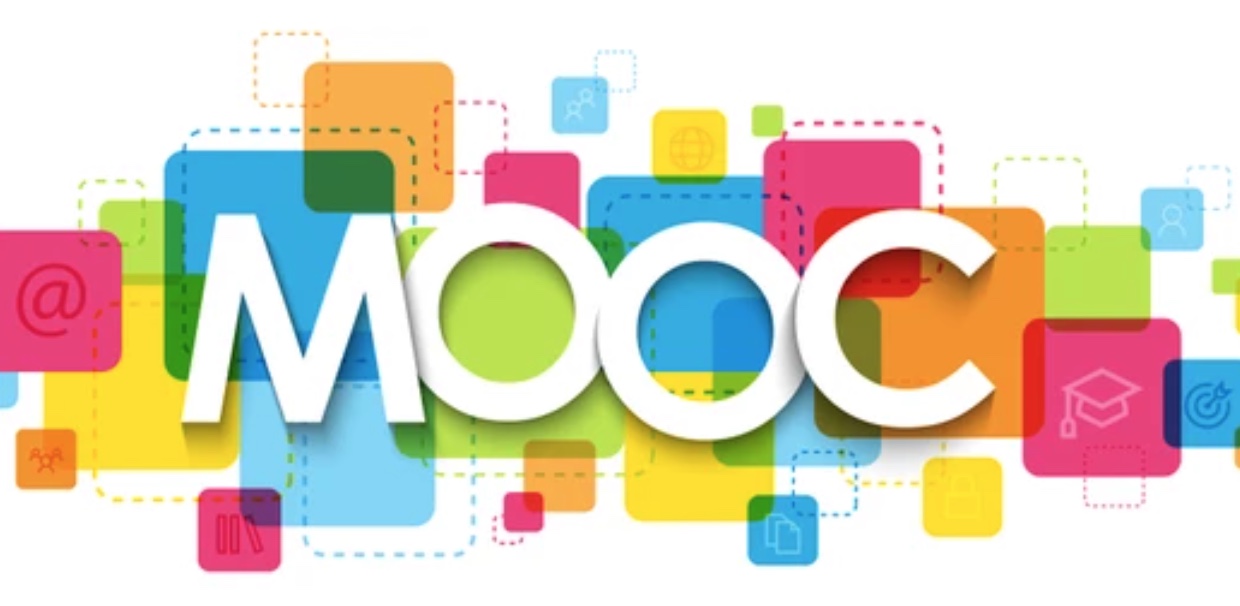 Most competitive colleges require at least one application essay as part of the admissions process. College admissions people read these essays to learn about you — your personality, ideas, intellect, insight, creativity, curiosity, vision, spirit, interests, accomplishments, resilience, background, character, values and dreams, as well as your ability to express yourself clearly and follow direction.
Most competitive colleges require at least one application essay as part of the admissions process. College admissions people read these essays to learn about you — your personality, ideas, intellect, insight, creativity, curiosity, vision, spirit, interests, accomplishments, resilience, background, character, values and dreams, as well as your ability to express yourself clearly and follow direction.
A thoughtfully conceived and well-written essay can not only reveal a lot about you, it can impress the admissions officers and help you become a more desirable candidate.
As a college consultant, I have read hundreds of application essays and work with students to select an advantageous topic and angle of approach.
Most college essay prompts fall into one of three categories: (1) “Tell Us About You” (2) “Why Us” and (3) “Creative/Philosophical”. Often, as is typical of the Common Application, students can choose which prompt and/or topic to write about.
Before embarking in any particular direction, I encourage students to take a holistic approach starting with an inventory of themselves — their personal qualities, background and accomplishments, as well as their personal growth during high school and significant choices they have made.
The “pride list” is an all-important first step. It should include personal qualities, strengths, talents and outstanding attributes. Describing oneself can be challenging and many students ask others for assistance. Family members, friends, teachers and counselors may be helpful in identifying your strengths and qualities.
The next step centers on achievements and activities. A high school (college admission) resume will expedite this effort. If you don’t have a resume, make a list of your activities and achievements. When reviewing the resume/list, focus on the significance of your experiences and accomplishments. For example: What did you gain from serving as editor of the school newspaper? What challenges did you face? How did you deal with them? How did you influence others? How did you enlist the cooperation of others? What was your greatest impact? Why were you selected for the post? Don’t lose focus on the bigger picture: Was being a class officer more about friendship, promoting school spirit and rallying fellow students, or your own popularity and leadership?
Depending on the essay prompt, additional brainstorming may be helpful:
- Have you overcome a serious setback?
- Have you successfully influenced others and/or turned around a difficult situation?
- Have you gone outside your comfort zone and accomplished something impressive?
- Have you solved a challenging problem?
- Do you have a role model, or person you strongly admire? Why?
- Have you had a significant positive impact on someone else’s life?
- Have you radically changed your opinion of someone for the better?
- Have you been in a situation where you began to look at someone in a new light?
- Have you created/built something or turned an idea into reality?
- Have you been in a situation where you earned the respect of others?
- What are you most proud of?
- What would you like to accomplish in life?
- How would your friends/teachers describe you?
- What hasn’t worked out or gone your way?
- Where have you traveled?
- What did you do last summer?
- What do you like to do for fun?
- Why do you want to go to college?
- What skills do you have?
- What’s your passion?
- What do you like doing?
- What do you do best?
- Were you in a personal-growth situation?
- What makes you special?
Once you have your data, it’s time to synthesize. Look for patterns and well-supported evidence that could fit with the prompt(s).
Keep in mind that your essay is a vehicle to give the reader a positive flavor of you. While well-placed references of your experiences and achievements can be very effective, keep in mind that most admissions people don’t look favorably upon braggarts, know-it-alls, tattletales, expensive fake internships (vs. real gritty stuff) and those with super-sized egos! You’ll have the opportunity to list your achievements elsewhere in the application. Better to come across as a bit humble, thoughtful, conscientious and self-reflective.
When it comes to writing, start with on outline. Most essays are best written in three parts: introduction, body, and conclusion. The introduction gives your reader an idea of your essay’s content. It should capture the reader’s attention. Many students start with one captivating sentence: “It was the worst day of my life.” The body should clearly support the theme with thoughtful evidence in a show vs. tell style. The conclusion should communicate the essence or point of the essay, and when appropriate, make a statement about the future.
When I review a student’s essay (prior to suggesting edits), I generally focus on these issues:
- What does the essay tell me about the student as a person?
- What’s my take-away — positive, negative, indifferent?
- Am I blown away by the substance?
- Does the essay seem plausible?
- Is the essay memorable or inspirational?
- Is the essay consistent with other aspects of the student’s resume and application?
- Does the student properly respond to the prompt?
- Is the essay clear and well-written with a style that’s likely to be favorably received?
- Might there be a better topic and/or angle that would present the student in a more favorable light?
As an affirmation of a student’s ability to succeed academically, admissions people strongly consider a correct response to the prompt(s). Admissions officers will tell you that a large number of application essays fail to properly follow directions. For example, if the prompt asks you to “describe”, “evaluate” or “discuss”, make sure you do just that. When it’s a two-part prompt, address both parts.
When selecting a topic, I generally counsel students to stay away from controversial issues such as politics and religion as well as the five D’s — divorce, depression, drugs, detention (jail) and death — as well as anything the reader might consider over-the-line personal. Try to keep your essay positive, but don’t stray away from tough situations; in fact, you can often demonstrate more growth more from failure than success, especially if you have bounced back.
Creating an essay to paint an honest and favorable picture is a combination of art and science. Most students have the raw materials. Mixing the paints, setting up the frame, and bringing the canvas to life is the challenge.
Author:
Lynn Radlauer Lubell, Publisher of InLikeMe.com and Founder of Admission By Design, an Educational Consultancy based in Boca Raton, Florida.
Copyright InLikeMe.com and Phrazorp LLC. All rights reserved.

Lynn Radlauer Lubell, Publisher of InLikeMe.com and Founder of Admission By Design, an Educational Consultancy based in Boca Raton, Florida.


